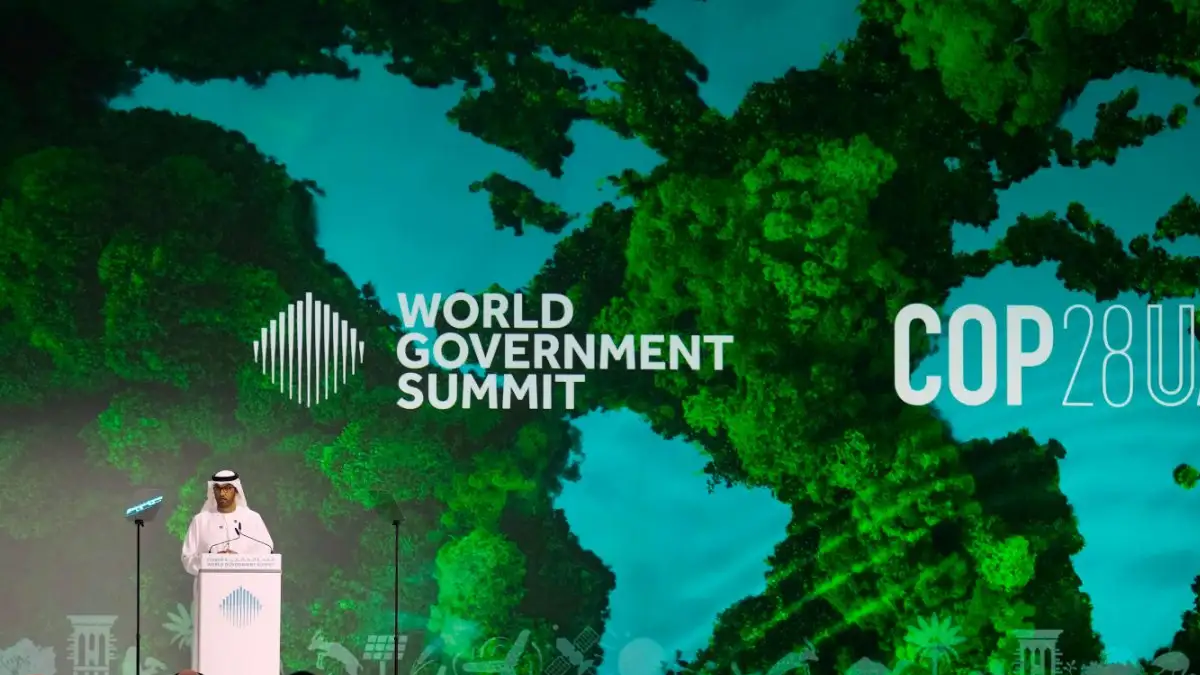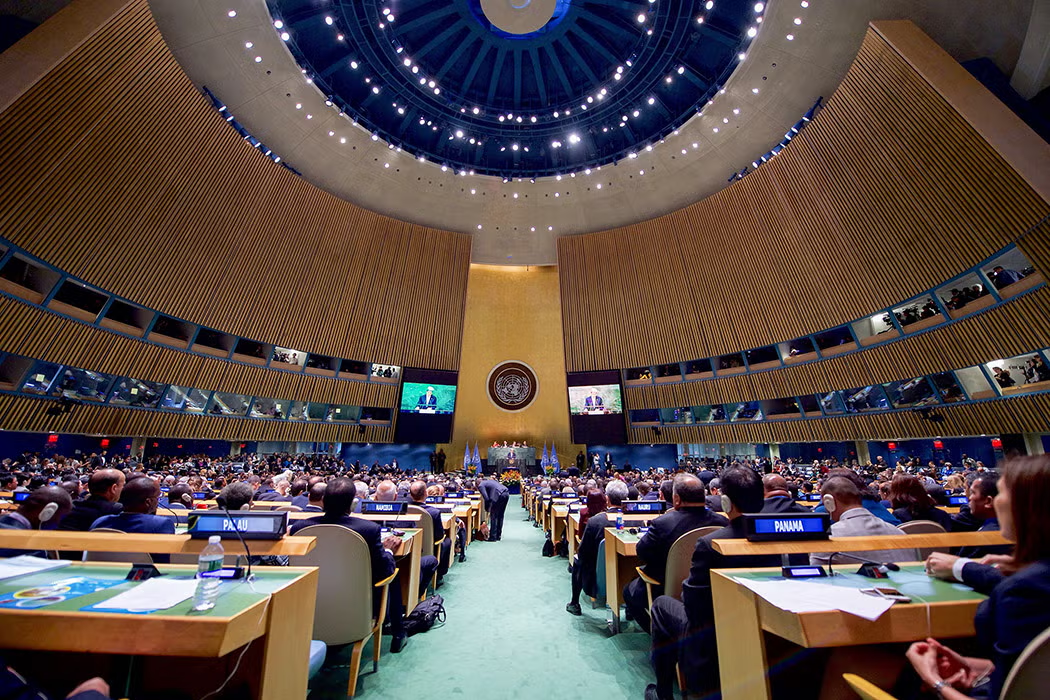Now Reading: UAE’s Green Revolution: What the World Must Learn Now 2025
-
01
UAE’s Green Revolution: What the World Must Learn Now 2025
UAE’s Green Revolution: What the World Must Learn Now 2025
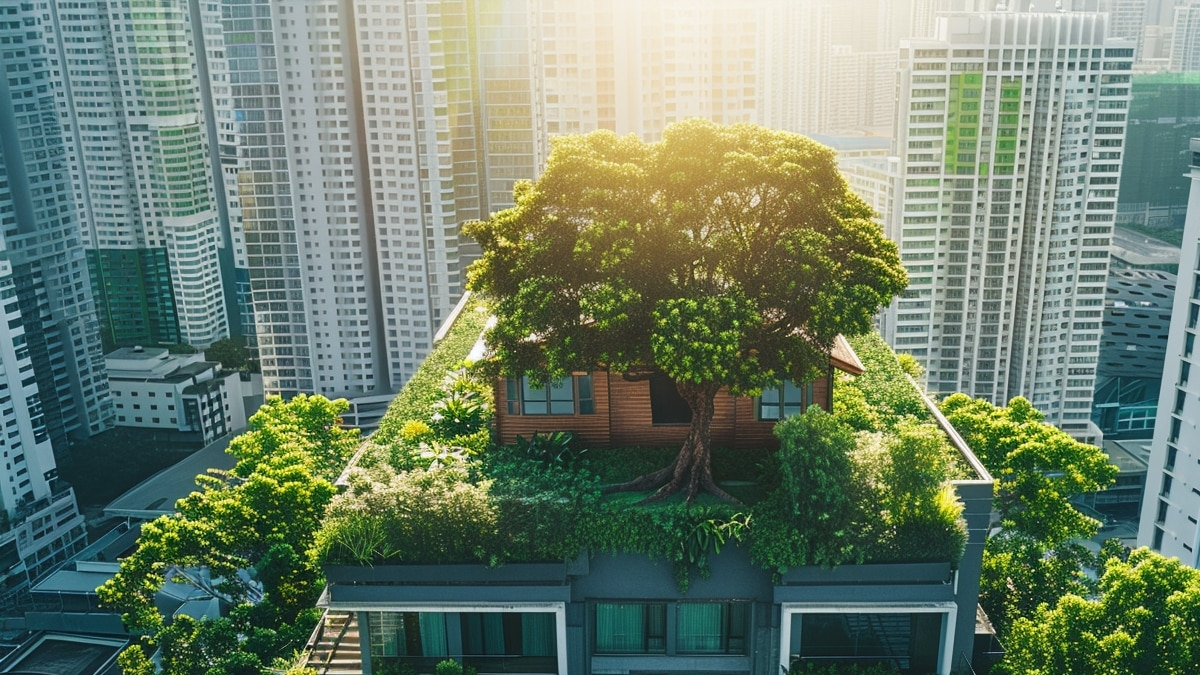
Table of Contents
The United Arab Emirates (UAE), known for its oil-rich economy and futuristic skylines, is now taking serious steps to fight climate change. With rising global temperatures, water scarcity, and increasing emissions threatening the region, the UAE has launched major programs to go green and protect its environment.
From clean energy projects to smart city initiatives and climate finance, the UAE is showing the world that even countries with oil-based economies can lead the global transition toward sustainability.
Why Climate Action Is Urgent for the UAE
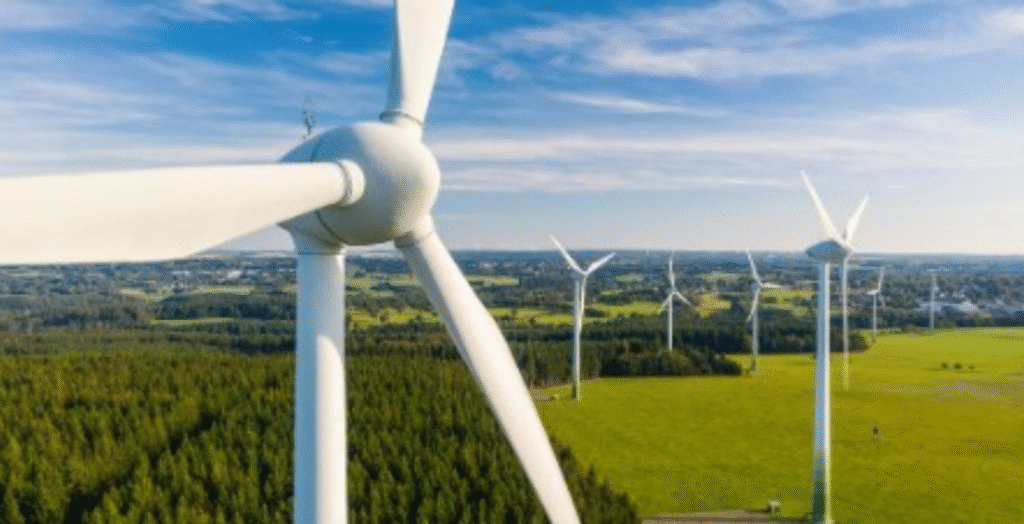
The Middle East is one of the regions most at risk from climate change. High temperatures, desertification, and limited freshwater resources make the situation worse every year. The UAE, with a desert climate and fast-growing population, is especially vulnerable.
Some of the biggest climate challenges for the UAE include:
- Rising Temperatures: Summers often cross 50°C in some areas.
- Water Scarcity: Most of the drinking water comes from energy-intensive desalination.
- Energy Demands: Air conditioning, transportation, and industries create high carbon emissions.
- Coastal Risks: Sea level rise threatens coastal cities like Abu Dhabi and Dubai.
Understanding these threats, the UAE has taken proactive steps to address the problem.
UAE Net Zero by 2050 Strategic Initiative
One of the country’s most ambitious climate goals is the Net Zero by 2050 plan. Launched in 2021, this initiative aims to bring down the UAE’s carbon emissions to net zero by the year 2050—making it the first country in the Middle East and North Africa (MENA) to make such a commitment.
Under this plan:
- The UAE plans to invest over AED 600 billion ($163 billion) in clean and renewable energy.
- It will upgrade public infrastructure, improve energy efficiency, and support climate-smart industries.
- The country is working closely with global partners, including the United Nations and other nations, to meet its green goals.
This target aligns with the Paris Agreement, where countries agreed to limit global warming to 1.5°C.
Growth of Renewable Energy in the UAE
The UAE has made massive investments in renewable energy in recent years, especially solar and nuclear power.
Masdar City and Solar Energy
One of the most famous examples is Masdar City, located near Abu Dhabi. It is a planned eco-city powered mainly by solar energy. It features green buildings, clean transport, and sustainable technologies.
Another landmark project is the Mohammed bin Rashid Al Maktoum Solar Park in Dubai, which is:
- One of the largest single-site solar parks in the world
- Expected to produce 5,000 megawatts by 2030
- Helping reduce 6.5 million tonnes of carbon emissions annually
Barakah Nuclear Energy Plant
In addition to solar energy, the UAE has developed the Barakah Nuclear Power Plant. It is the first peaceful nuclear energy facility in the Arab world and provides clean, emission-free electricity to thousands of homes.
Green Transportation & Smart Cities
To cut emissions from transport and buildings, the UAE has also invested in electric vehicles (EVs), green building codes, and public transport systems.
Key steps include:
- Expanding EV charging infrastructure in cities
- Promoting hybrid and electric taxis
- Introducing green building standards like Estidama in Abu Dhabi and Al Sa’fat in Dubai
- Developing smart city infrastructure for better energy management
Dubai aims to have 42,000 EVs on the roads by 2030, and Abu Dhabi is following similar targets.
Climate Finance and International Cooperation
The UAE has pledged billions of dollars to support climate action both locally and globally. It is a major donor to climate finance initiatives in developing countries, especially in Africa and South Asia.
In 2023, the UAE launched a $4.5 billion climate finance initiative at the Africa Climate Summit to help countries build green infrastructure.
The country is also a founding member of the International Renewable Energy Agency (IRENA), based in Abu Dhabi, which promotes clean energy around the world.
COP28: A Turning Point for UAE’s Climate Leadership
In December 2023, the UAE hosted the COP28 United Nations Climate Summit in Dubai. It was a landmark event that brought together over 100,000 delegates, including world leaders, scientists, and activists.
Some key outcomes of COP28:
- The first-ever Global Stocktake, assessing progress on climate goals
- Launch of a Loss and Damage Fund for climate-vulnerable nations
- Stronger commitments to phase down fossil fuels and increase renewables
Hosting COP28 helped position the UAE as a serious player in the global climate conversation.
Innovation and Green Tech in the UAE
Climate action in the UAE isn’t just about energy—it’s about innovation. The government is funding research into:
- Carbon capture and storage (CCS) technologies
- Hydrogen fuel as an alternative energy source
- Vertical farming to reduce water usage and food imports
- AI and smart sensors to monitor air quality and manage resources
The country is trying to become a hub for climate technology and attract startups and global partnerships.
Public Awareness and Youth Engagement
The government also understands the importance of involving people in climate action. Through education campaigns, school programs, and youth summits, the UAE is empowering the next generation to be climate champions.
Notable efforts include:
- “Climate Ambassadors” program for students
- Green Schools initiatives across Emirates
- Climate sections in the national curriculum
- Partnerships with influencers and media to raise awareness
Looking Ahead: Challenges and Opportunities
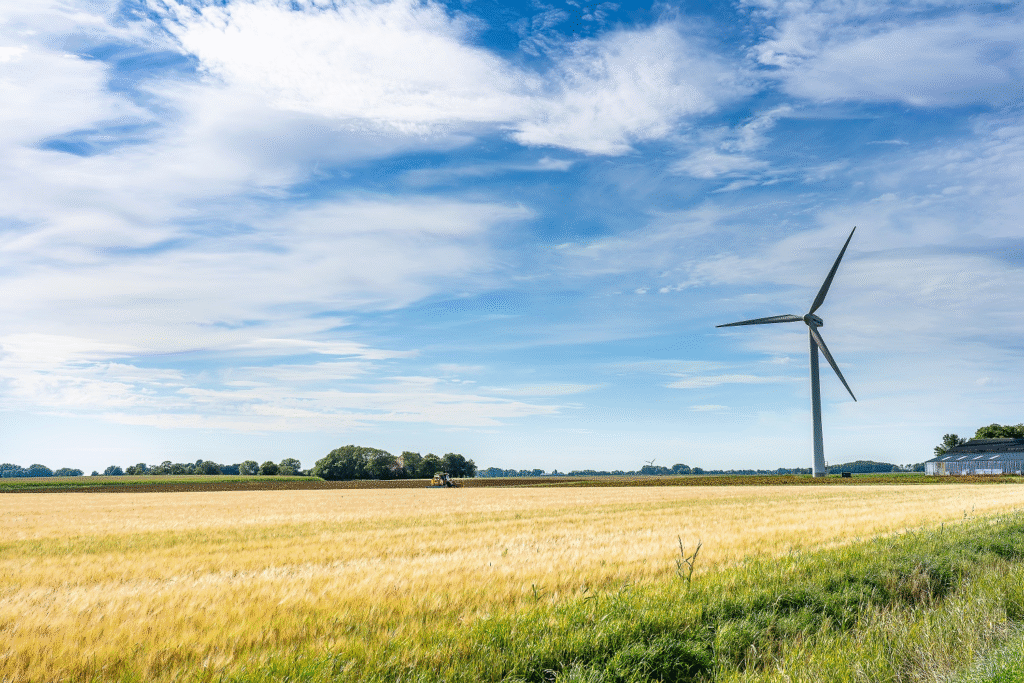
While the UAE has made strong progress, challenges remain:
- Reducing dependency on oil revenues
- Managing the high cost of renewable energy infrastructure
- Changing consumption habits, especially in water and energy
- Ensuring climate justice for vulnerable groups
However, the momentum is clearly growing. The UAE’s vision is to build a climate-resilient, diversified economy that offers both environmental protection and long-term prosperity.
Final Thoughts
The UAE’s climate journey shows that transformation is possible—even in regions heavily dependent on fossil fuels. With bold leadership, international cooperation, and innovation, the country is becoming a beacon of hope for sustainable development in the Middle East.
As the world watches closely, the UAE’s actions may inspire many others to follow the same green path.
Read More:- Deyaar’s Latest Announcement Shakes Up the UAE Property Market



